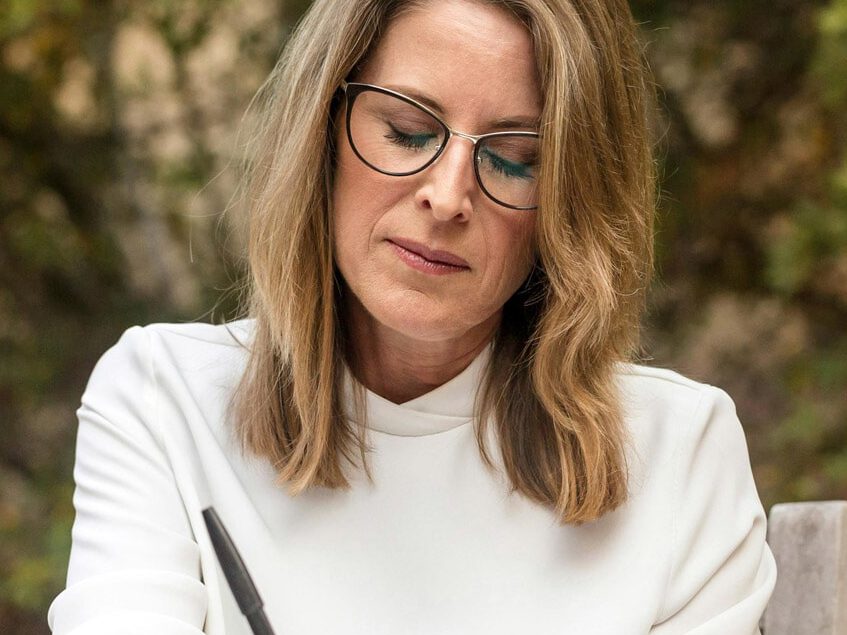Russia: The Last Christian Empire
Russia: Last Great Christian Empire
This article from our archives was first published on RI in September 2022
Mark Hackard(The soul of the east) May 20, 2023
Originally appeared at: The soul of the east
Fyodor Tyutchev (1803-1873) was not only one of 19th-Century Russia’s greatest poets, he also was a professional diplomat with penetrating geopolitical vision. The following notes would have formed the basic structure for the sixth chapter of his unfinished 1849 treatise Russia and the West. Translated by Mark Hackard.
Westerners issuing judgments about Russia somewhat resemble Chinese viewing Europe, or sooner Greeks (Greculi) judging Rome. This is apparently a law of history: one or the other society or civilization never understands those who should replace them.

And the Western colony of educated Russians who speak with their own reflected voice leads them into ever greater delusions. The mockery of an echo.
It is the West that presently sees in Russia only material fact, material power.
Russia for the West is an effect without a cause. That is, being idealists, they cannot see the idea.
Scholars and philosophers in their historical opinions have crossed out an entire half of the European world.
And nonetheless, whence appears that sense located somewhere between respect and fear, awe, before this purely material force, a feeling experienced only in relation to authority?
An instinct more reasonable than knowledge is present here. What is Russia? What does she represent? Two things: Slavic tribe and Orthodox Empire.
Tribe
Pan-Slavism, having become the property of revolutionary phraseology…is an abuse to which the conception of nationality is subjected, a masquerade costume for the Revolution. The literary Pan-Slavists are German ideologues, exactly the same as all the rest. Genuine Pan-Slavism is in the masses, where it reveals itself in the personal contact between a Russian soldier and the first Slavic peasant who meets him, be it a Slovak, Serb, Bulgarian, etc., even a Magyar…They are all in solidarity with relation to the German.
Pan-Slavism also consists of the following: No political nationality is possible for Slavs outside Russia. It is here that the Polish question arises all on its own.
Empire
The matter of tribe is only secondary, or rather not a principle; it is an element. The principle is Orthodox tradition.
Russia is much more Orthodox than Slavic. As an Orthodox culture, she is the guarantor of the Empire.
What then is the Empire? A lesson on Empire. The Empire does not die; it is inherited. The reality of this inheritance. There have been four past Empires, and the fifth of them is the final.
This is a tradition negated by the revolutionary school on the same basis it rejects tradition in the Church.
This is individualism negating history.
And meanwhile, the idea of Empire has been the soul of the entire history of the West. Charlemagne. Charles V. Louis XIV. Napoleon.
The Revolution murdered this idea, and from that point began the disintegration of the West. But Empire in the West has never been anything more than usurpation.
It was the spoils that the Popes divided with the Kaisers of Germany (and from this came their disputes).
Lawful Empire remained bound to the heritage of Constantine. The historical reality of all this is to be shown and proved.
What was the Eastern Roman Empire (Western scholarship’s false views on the Eastern Roman Empire) that was bequeathed to Russia?
Only in the capacity of Emperor of the East is the Tsar the Emperor of Russia.
“We wish for an Eastern and Orthodox Tsar,” said the Ukrainians, and so say all the Orthodox of the East, Slavs and others.
Regarding the Turks – they occupied the Orthodox East to shield it from the Western peoples until a legitimate Empire had been created.
The Empire is one. The Orthodox Church is its soul, and the Slavic tribe its body. If Russia had not come to Empire, she would have withered.
This is Russia in her definitive form: an Empire of the East.
